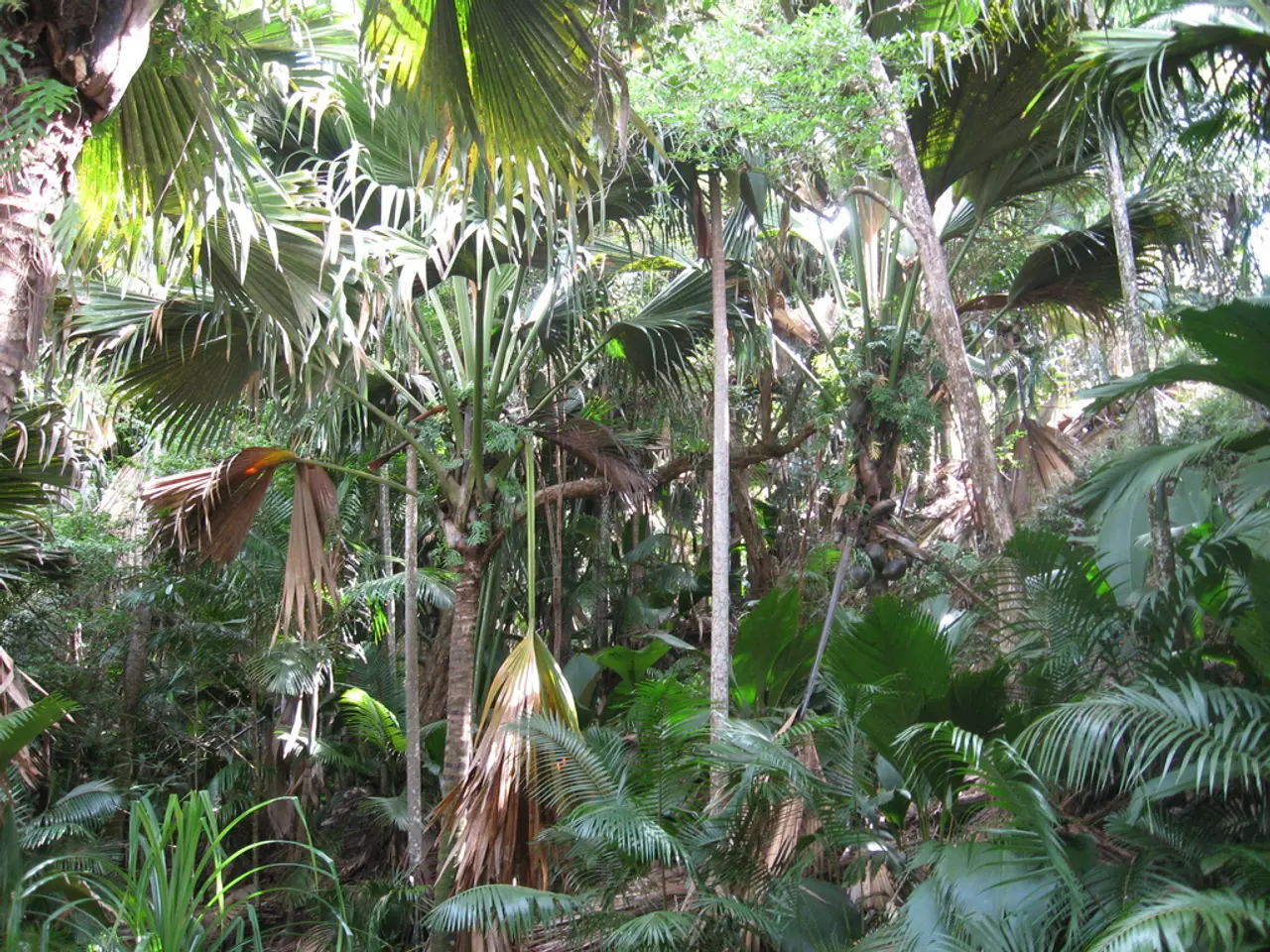Enhanced Crop Productivity by Indigenous Pollinators
Sustainable farming practices are proving to be a game-changer in the agricultural world, not only benefiting the environment but also enhancing crop yields. By supporting native pollinators, these practices create a biodiverse system that thrives and produces more plentiful and tastier fruits and vegetables.
One key aspect of sustainable farming is the increase in availability of native plants and wildflowers, such as milkweed and other species that provide essential food and nectar resources for pollinators like butterflies, bees, and monarchs. This expanded habitat supports their survival, boosting pollinator abundance and diversity.
Limiting chemical use and opting for natural pest control methods are also crucial. These measures protect pollinators from harmful chemicals and help maintain balanced ecosystems where native insects can thrive and perform pollination efficiently.
Providing safe habitats such as bee hotels, butterfly havens, and native plant corridors is another important step. These structures promote breeding and shelter for pollinators essential to crop pollination cycles.
Improving soil health through organic practices like crop rotation and the avoidance of synthetic chemicals supports richer biodiversity, including beneficial microbes and insects that underpin healthy plant growth.
These benefits translate into increased crop yields and productivity. Native pollinators enhance pollination efficiency, leading to better fruit set and seed production in many crops. Healthier, more diverse ecosystems stabilize pollination services year-to-year, improving resilience against pests and environmental stresses. Soil enriched by sustainable practices supports stronger plant growth, which can further attract and sustain pollinator populations.
Furthermore, practices like planting native prairie vegetation under solar panels have demonstrated the ability to boost local pollinator populations significantly, enhancing crop yields on nearby farmlands by providing continuous pollinator services in agricultural landscapes.
In summary, sustainable farming supports native pollinators by fostering appropriate floral resources, protecting habitats from chemicals, and creating environmentally rich zones that increase pollination. This ecological foundation contributes to increased and stable crop yields within biodiverse agricultural systems.
By focusing on sustainable farming practices, the impact on pollination services can be significantly boosted. Farms with diverse plants can see up to 30% more yield due to native pollinators. The role of native pollinators in increasing crop yields within biodiverse systems is vital.
Remember, native pollinators visit flowers to collect nectar and pollen, which is their food. Ensuring water sources are available and setting up shallow dishes with water can help them stay hydrated. Leaving some areas of the farm wild gives pollinators a place to live and nest.
In conclusion, sustainable farming practices are not just good for the environment, but they are also essential for farmers who want to increase their crop yields and contribute to healthy ecosystems. By supporting native pollinators, we can ensure a more bountiful and sustainable future for all.
- Sustainable farming practices, by fostering biodiverse ecosystems, promote healthier yields of fruits and vegetables, as well as enhancing the quality of these products.
- The role of science in sustainable farming is crucial, as it provides the knowledge necessary to develop methods that reduce chemical usage, encourage natural pest control, and support pollinators, which ultimately boosts the productivity of fruits and vegetables.
- Embracing a health-and-wellness and fitness-and-exercise lifestyle, based on the consumption of fresh vegetables and fruits from sustainable farms, promotes overall environmental health and contributes to personal well-being.







